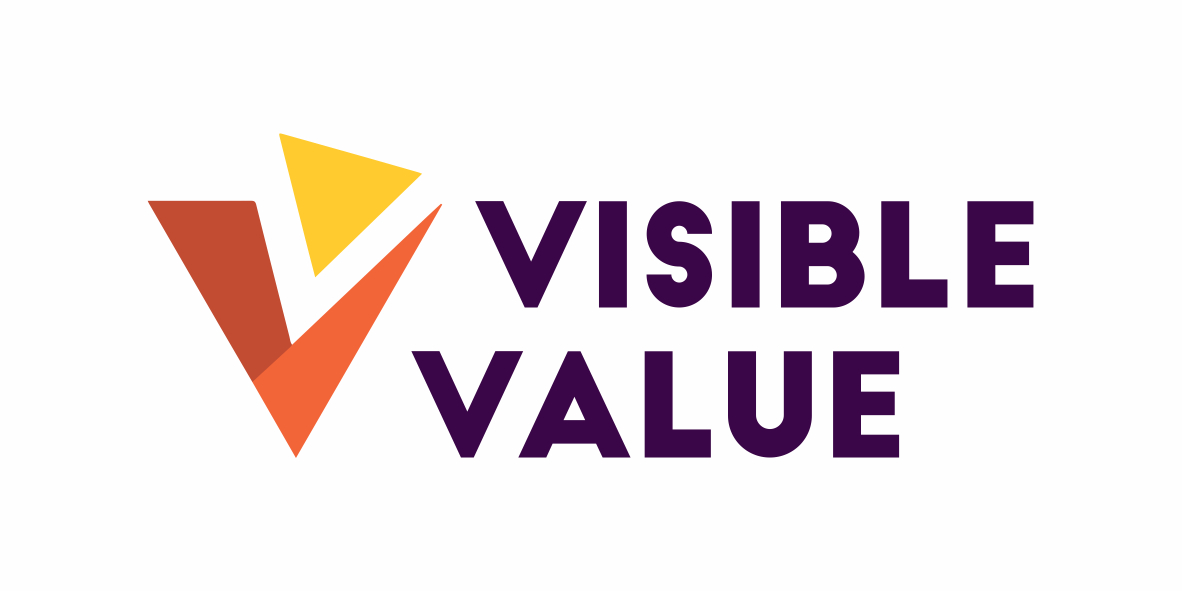Country Snapshots: Recognition of Youth Work
This section of the Visible Value aims to provide a quick overview of the state of the affairs about the recognition of youth work in the countries covered by EU-CoE Youth Partnership. In total it covers 53 country profiles (including 3 profiles for Belgium and 4 profiles for the UK).
The content in this section is based on several sources, including:
- Country reports on youth work collected by EKCYP correspondents: https://pjp-eu.coe.int/en/web/youth-partnership/country-information-youth-work
- EU Youth Wiki - an online platform presenting information on European countries' youth policies: https://national-policies.eacea.ec.europa.eu/youthwiki
- Forthcoming national contributions of the Non-programme countries to EU Youth Wiki
- An additional survey done by the editors of the Visible Value in 2021
The sources of information are indicated at the end of each profile.

Regarding the common understanding of youth work in Cyprus, as stated in the Final Report of the advisory mission delegation (pages 12-13), “there are numerous provisions of youth work by volunteers and youth leaders in Cyprus. Most of the volunteers, besides being driven by “meraki” have gained the competences needed for youth work, through European programmes, NGOs and practice of working with young people. Similar to the Council of Europe’s International Youth Policy Review in 2007, the consolidated and common understanding of youth work within the youth sector is still lacking, and there is little knowledge of it outside the youth sector in Cyprus.”
One could say that the two definitions – of youth work and youth worker- described above conceptualize well enough the common understanding of youth work in Cyprus. Therefore, the overall understanding of youth work embeds the following elements:
- Youth work uses educational activities, recreational activities, volunteering activities, social and political actions to empower young people;
- Youth work is based on non-formal and informal learning and voluntary participation;
- The main providers of youth work are youth organisations and youth clubs;
- Young people are the target of youth work, but the emphasis is given to young people with fewer opportunities.
In 2017, the Human Resource Development Authority of Cyprus (HRDA) launched an online consultation phase for developing standards of vocational qualifications of the youth worker. This consultation phase together with the efforts for creating the mechanism of validation of non-formal and informal learning will result in developing standards of vocational qualifications of the youth worker and the validation of the competences of young people taking part in youth work activities.
So far, there are not any existing arrangements when it comes to the recognition of the skills and competences acquired by young people participating in youth work activities. There are not any existing arrangements when it comes to the accreditation towards a qualification (full or partial) within the system of formal education for young people participating in youth work activities.
Following EU Council Recommendation of 20 December 2012 on the validation of non-formal and informal learning (2012/C 398/01), the Ministry of Education, Culture, Youth and Sports is coordinating the establishment of a validation mechanism on non-formal and informal learning in Cyprus.
In addition to that, young people who participate in youth work activities through the Erasmus+ programme, have the opportunity to use the Youthpass, as a tool to document and recognise learning outcomes.
(From the Youth Wiki)

